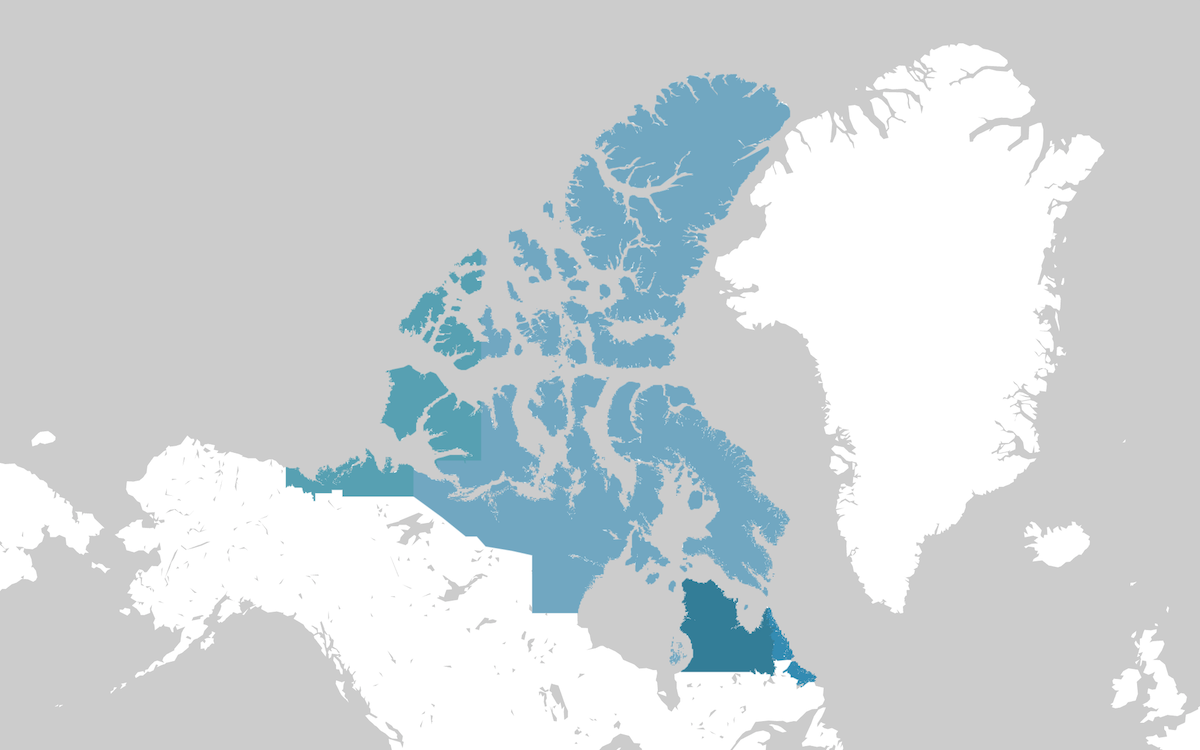Canada creates a new Indigenous language office
The Office of the Commissioner of Indigenous Languages is seeking to fill the position of commissioner and up to three directors.

Canada’s federal government has created a new national office for Indigenous languages and is calling for applicants to fill new positions, including commissioner and up to three directors.
Karliin Aariak, Nunavut’s languages commissioner, says she hopes someone from Nunavut or an Inuktut-speaking community fills one of the roles, as Inuktut is a prominent Indigenous language across Canada.
“I definitely think it would be beneficial to ensure that not only someone from Nunavut, but someone who is an advocate for Inuit language rights, is present on that national level,” she said.
The new commissioner will “act as a champion for Indigenous languages.”
The hiring committee includes First Nations, Inuit and Métis representatives, according to a Dec. 8 Canadian Heritage news release.
The creation of the new Office of the Commissioner of Indigenous Languages is a result of the Liberal government’s Indigenous Languages Act, Bill C-91, which was passed in June 2019 and includes $333.7 million in funding over a five-year period.
Aariak has some criticisms of the law.
“No real substantive rights are set out for Indigenous peoples and no obligations are imposed on the federal government to ensure that languages are protected, enhanced and used by Indigenous groups,” she said.
For example, the law does not designate Inuktut as an official language in Canada’s Inuit regions in federal spaces like government offices, airlines and the RCMP.
Inuit organizations opposed the Indigenous Languages Act when it was introduced and it remains a contentious topic in the territory.
The Department of Canadian Heritage has held virtual consultations with Indigenous communities across Canada during while creating the new office, and the Truth and Reconciliation Commission of Canada has also called for consultation when choosing the commissioner.
Whoever is chosen will be expected to seek guidance from Indigenous peoples in Nunavut to determine what the office could do for them and to support the work of Nunavut’s languages commissioner, not overlap with their work, said Caroline Czajkowski, a Canadian Heritage spokesperson, in an email.
The ability to speak, write or understand an Indigenous language will be considered and preference will be given to Indigenous applicants, she added.
As for Aariak, she said she is looking forward to working with the new appointee.
“When it comes to national issues, I will be keeping a close eye on the development of the role of the Indigenous languages commissioner and how we can work together,” said Aariak.
Those interested can read more and apply online.